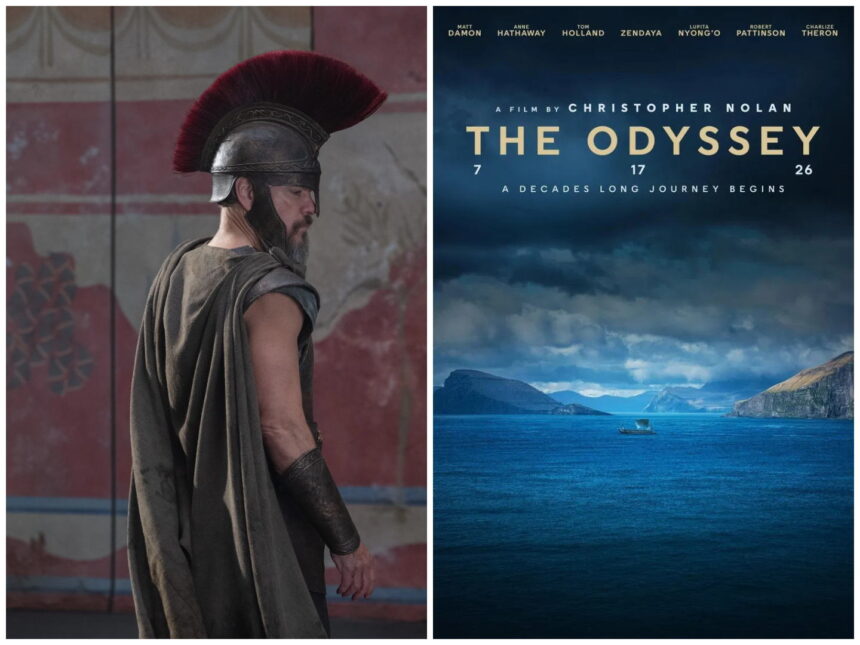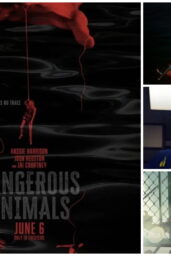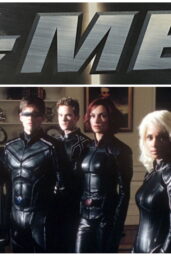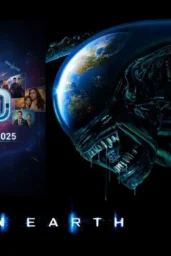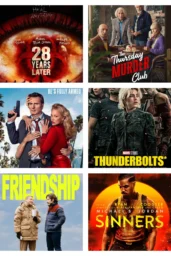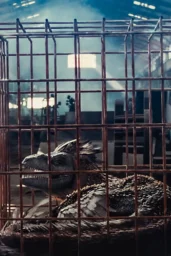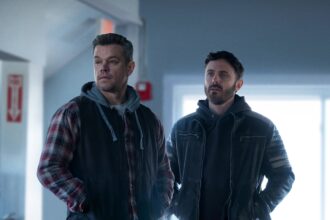They’re never going to make a movie like this again.
Not hyperbole. A warning shot.
Christopher Nolan’s The Odyssey isn’t just a film—it’s a $250 million dare hurled into the void of an industry clinging to safe bets and superhero reboots like a life raft. The production is only halfway done, but the whispers coming out of it? Mythic. Stunt coordinator James Newman, in a now-deleted podcast episode (because of course), called it “an epic of all epics.” Translation: No one in their right mind would attempt this again.
Let’s set the scene: Odysseus’ decade-long journey brought to life with never-before-filmed locations, two-kilometer hikes to mountaintop castles, and Nolan’s signature I-don’t-need-CGI-I-need-IMAX ethos. This isn’t just a flex—it’s a manifesto. Newman shared that Nolan would scout a remote cave, ask if anyone had shot there before, and if the answer was no? That’s where they’d shoot. Like a cinematic conquistador, Nolan is trying to be the first to capture untouched terrain. And honestly? That might be the most punk-rock thing a big-budget director can do in 2025.
But here’s the uncomfortable truth: Hollywood doesn’t have the stomach for this anymore.
Big risks like The Odyssey used to be the norm. Think Lawrence of Arabia or Apocalypse Now—films that were logistical nightmares but cinematic lightning bolts. Even recently, there were echoes of that ambition: The Revenant dragging Leo through frozen rivers, Mad Max: Fury Road being pure chaos on wheels. But these are the exceptions that prove the rule. Today? Studios want IP. Merchandise. Sequels that map neatly onto streaming spreadsheets. (Hi, Disney+.)
Nolan, as always, refuses to play that game. And that’s what makes The Odyssey feel… final.
This isn’t Nolan remixing Inception or tightening the screws on Tenet’s time puzzle. This is raw mythology, sprawling and strange. He cast Matt Damon as Odysseus, but surrounded him with a hall-of-fame ensemble: Zendaya, Pattinson, Theron, Hathaway, Tom Holland, Mia Goth, Lupita Nyong’o. It’s a lineup built for scale—for theatrical power. For Oscar campaigns and Dolby sound that makes your teeth rattle.
And still, even with all that wattage, it feels like a relic.
Because here’s the twist: the “unfilmable” label slapped on Homer’s Odyssey isn’t just about story complexity. It’s a reflection of modern Hollywood’s unwillingness to invest in sprawling, spiritual journeys. Netflix would chop this into a 10-episode series. A Marvel writer’s room would fast-track Cyclops as a villain tease for the next phase. Nolan said no. He said film. IMAX. July 2026.
Will it work? Honestly—who cares.
This is cinema at war with its own extinction. A final stand before AI-written scripts, virtual sets, and TikTok trailers consume the medium whole.
So, would you bet $250 million on a 3-hour myth made with real blood, sweat, and helicopter shots? Most execs wouldn’t.
But thank god Christopher Nolan did.

